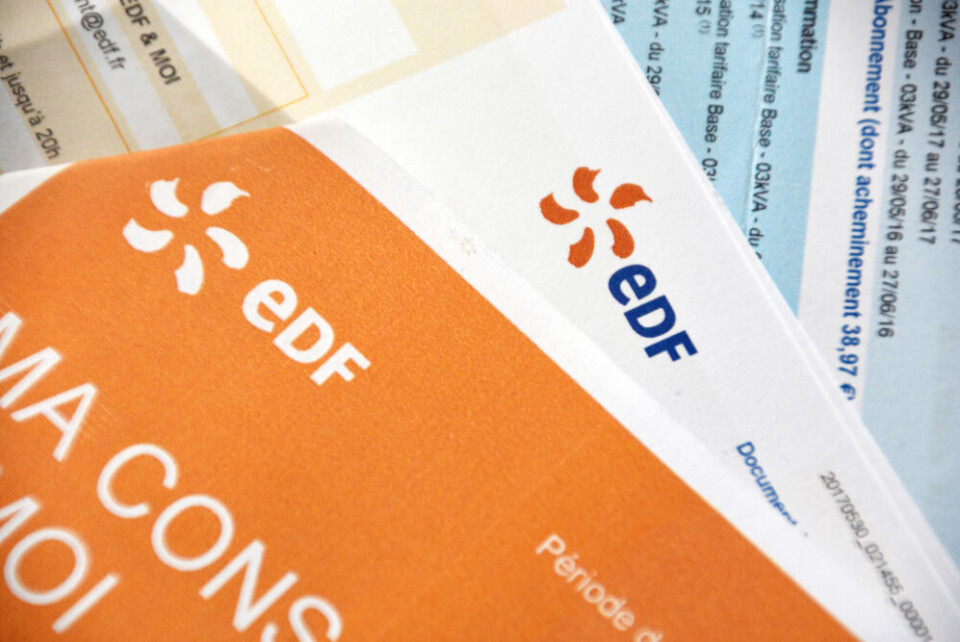-
Britons are the largest foreign community of second-home owners in Nouvelle Aquitaine
See which other departments in the region are popular with British nationals
-
Travellers risk extra costs under new Eurotunnel ticket rule
Some fare options are less flexible and less forgiving of lateness
-
May will be difficult month for train travel in France, warns minister
Two major train unions are threatening to strike and are ‘not willing to negotiate’, he says
Electricity tariffs stabilise but bills may still rise in France
More tax could be levied to pay for years of price shield subsidy, resulting in up to €130 more on annual household bills

Higher taxes are set to cause many electricity bills to rise this year despite the state regulated tariff remaining the same. We look at why and how much more these households may have to pay.
The state regulated electricity tariff is set by the French energy watchdog La Commission de régulation de l’énergie (CRE), which applies a new rate twice a year - in February and August.
For households, this is known as the Tarif Bleu résidentiel.
Between 2010 and 2020, this increased by 20%, or an average of 2% a year. However, since then, the rises have been far more noticeable, increasing by:
- 1.6% in February 2021
- 4% in February 2022
- 15% in February 2023
- 10% in August 2023
The forecasts for the increase in February 2024 were initially pessimistic with the CRE anticipating rises of between 10 and 20%.
However, it announced on January 10 that the regulated tariff would not increase:
- Households will see the Tarif Bleu résidentiel increase by 0.01%, or 0.02€/MWh
- Companies will see the Tarif Bleu professionnel fall by 3.67%, or -8.01€/MWh
‘This will allow us to increase taxes’
Since 2022, France had applied a bouclier tarifaire, or price shield in regards to electricity tariffs to protect people from the dramatic increases seen elsewhere in Europe.
This essentially subsidised an average of 37% on people’s electricity bill.
Now that the price of electricity has begun to stabilise, the government is looking to raise taxes to pay for the debt incurred during the energy crisis.
"We need to take better care of public finances,” Minister of Public Accounts Thomas Cazenave told Franceinfo.
“The price of electricity is falling, which will allow us to progressively increase taxes,” he said.
“An increase within the limit of 10% of the final price is planned for February 1, 2024.”
This exact rate of the rise is due to be confirmed by the end of January.
A 10% tax rise would cost an average of €130 per household annual electricity bill.
The president of the CRE, Emmanuel Wargon, told Le Parisien that an increase in taxes was inevitable.
“It is a political decision for public finances,” she said. “The government needs to fill the public coffers, which is understandable. If they do not raise taxes to the pre-energy crisis levels, then it will be the state budget that pays the price.”
“The government lowered taxes during the energy crisis, on the introduction of the price shield, which was not just a subsidy but also a tax cut,” she said.
Read more
Home and daily life: Changes to expect in France for 2024
Homes in France set to have power reduced via Linky: where and when?
























